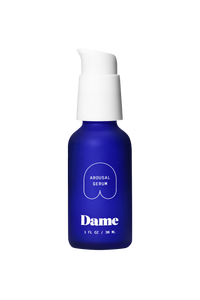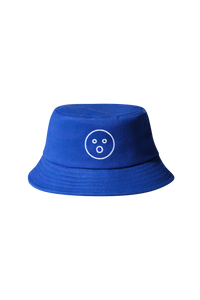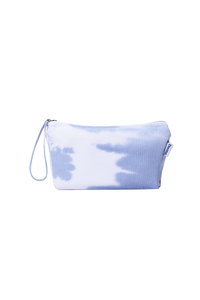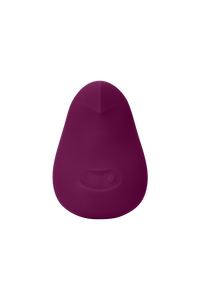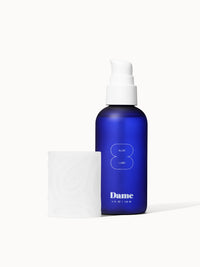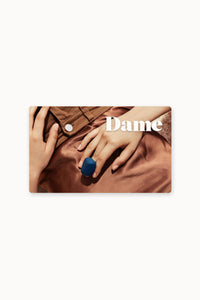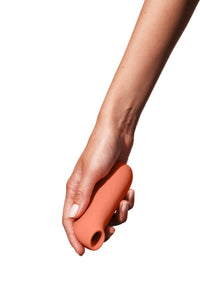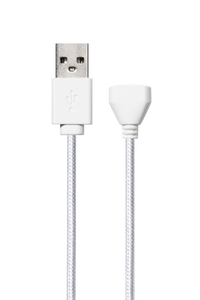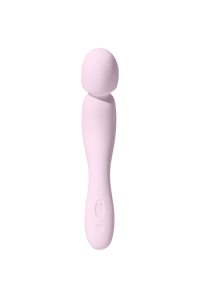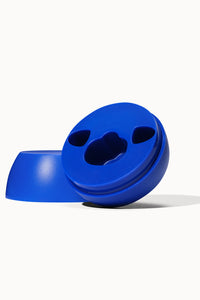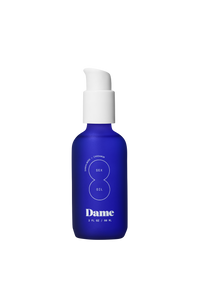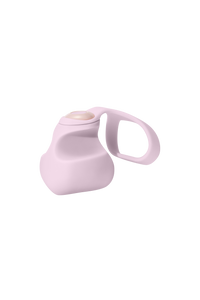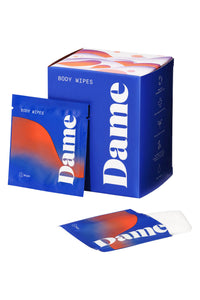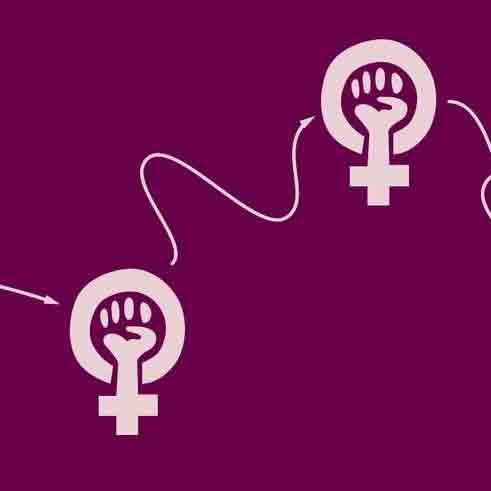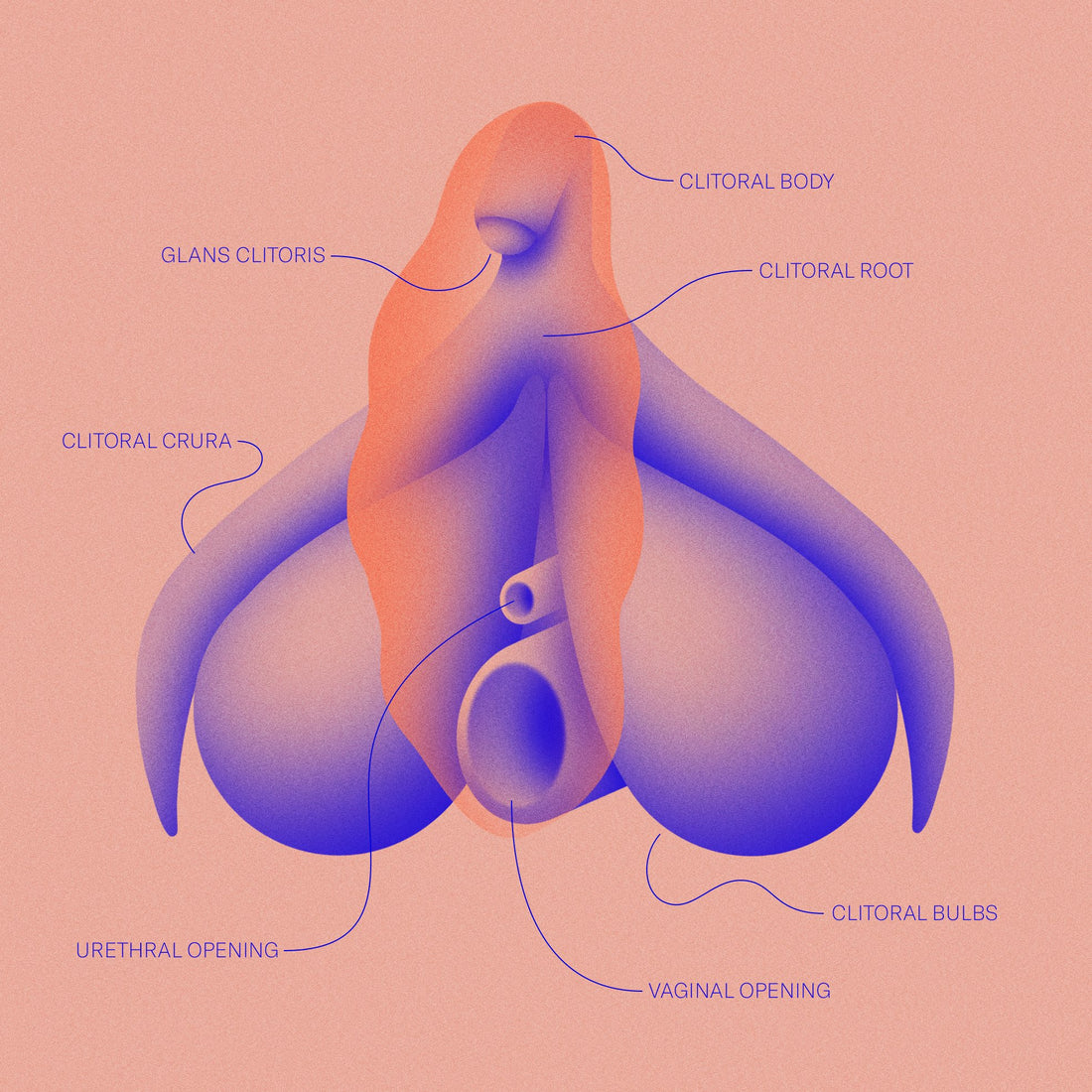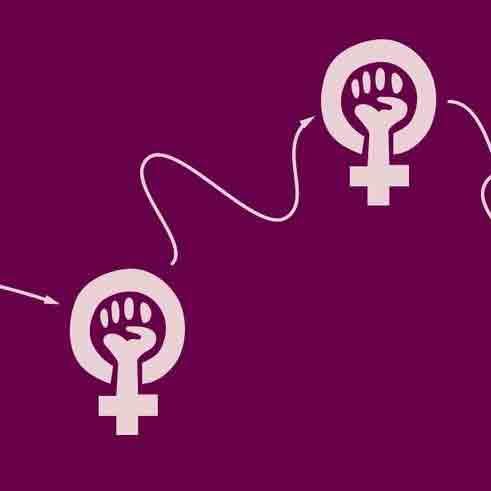In the same way some of us shudder when we receive the derivative email phrase: “I hope this email finds you well,” I have a similar discomfort with the phrases “take care” and “self care.” When we say take care what do we mean and why do we use it? When we use the phrase self care how much is it tied to the need to dispose of a friend or lover? As some friends and lovers are interested in how these moments can be an opportunity for a change in expectations or need to disconnect.
Recently during the pandemic we use take care or insist on our loved one to take up self care as a way of being thoughtful and kind. However, (and forgive my cynicism here) I notice that take care is often used as a phrase that is empty. Sometimes we use take care relationally, as an ending and also a refusal to offer further care or connection which is where self care becomes an alternative we turn to.
It seems harmless enough but under some critical scrutiny I have some questions for how we use the phrase take care: is it genuine? Have you used it to end a relationship? Have you sent a text to end a conversation or create a firm boundary? Historically the phrase goes back to 1560. Since 1560 it’s really changed. Urban Dictionary defines take care as “a nice and deceiving way to to tell someone to ultimately fuck off.”
Take care as a phrase is how a lot of us end our relationships or in some situations just end hard conversations with a loved one. Because this phrase has been overused, especially during our covid times, I question its intentions when this phrase has lost meaning over time. In our digital cultures many of us now know the experience of having a break up through text, email, or if you’re lucky a video call - take care is too often used as a means to end a relationship in a civil way. I’m curious about how this phrase ‘take care’ and the concept of taking care of ourselves becomes both part of self care culture.
In this case, how does taking care become an individualized part of self work and healing? However, as Urban dictionary hilariously points out sometimes ‘Take Care’ is “a phrase we use when we don’t wanna fuck with someone anymore.” Either way the use of care is both interesting and exhausting. My fascination with take care is partly inspired by the feminist artist Sophie Calle whose installation at the Tate retells the experience of “when a boyfriend broke-up with her by email.
Original text of Sophie Calle’s work: (English to follow)
“J’ai reçu un mail de rupture. Je n’ai pas su répondre. C’était comme s’il ne m’était pas destiné. Il se terminait par les mots : Prenez soin de vous. J’ai pris cette recommandation au pied de la lettre. J'ai demandé à 107 femmes - dont une à plumes et deux en bois - choisies pour leur métier, leur talent, d’interpréter la lettre sous un angle professionnel. L’analyser, la commenter, la jouer, la danser, la chanter. La disséquer. L’épuiser. Comprendre pour moi. Parler à ma place. Une façon de prendre le temps de rompre. À mon rythme. Prendre soin de moi.
Translation of the work in English
I received an email telling me it was over. I didn’t know how to respond. It was almost as if it hadn’t been meant for me. It ended with the words, Take care of yourself. I followed this advice to the letter. I asked 107 women (as well as two handpuppets and a parrot), chosen for their profession or skills, to interpret the letter. To analyze it, comment on it, dance it, sing it. Dissect it. Exaust it. Understand it for me. Answer for me. It was a way of taking the time to break up. A way to take care of myself.”
I find Sophie Calle’s artistic take on how ‘take care' becomes utilized in romantic communication. Without closure, she creatively enables an essential ending to a romantic relationship. It brings into question how automated or callous a goodbye becomes when we use the phrase take care through email or text. The change in tone and romantic language for lovers is always perceptible and sensitive. Ironically, the initial beginnings for relationships are often characterized by verbose proclamations of feelings and sexy messages, selfies.
Our culture has become dependent on digital connections from app dating, texting, dm-ing on instagram, or having entire relationships over text and video calls (please watch the tinder swindler for a good laugh). With these platforms, take care becomes emptied of sentimental and emotional investment and instead transmuted into a subtle divestment strategy for boundary making.
Post-covid self care industry and embracing the potentialities of collective care
White ‘woke’ settler and ableist culture has developed a fascination around self care. Dominant beauty and lifestyle industries have stamped their own brand of self care on their products and embedded self care into their marketing ethos. Self care as a concept has become rampant with individualization. This means that many of us are bypassing emotional connection to lovers, and friends and losing sight of the importance of collective care.
Audre Lorde reassuringly reminds me that “caring for myself is not self-indulgence, it is self-preservation, and that is an act of political warfare.” Our lovers and friends would create a collective care process that helps to maintain structures of taking care. With Lorde’s advice in mind, I now ask myself how prolonged periods of crisis and financial insecurity impact our sense of self, community, and ways of attempting to connect to each other.
Collective health and wellness concerns during the pandemic have created a new trend for wellness culture, everything from daily walks, to goat yoga have become trendy and normalized to a degree. Jamil Zaki from the Atlantic critiques this and reminds us that: “self-care alone won’t fulfill people’s psychological needs as we rebound from the pandemic. That comes not just from caring for ourselves but also from caring for one another. People are still adapting to reentry and rebuilding atrophied social muscles.”
Self care shouldn't be solitary, unfortunately this ethos was built on a capitalist incentive to “pull oneself up from their bootstraps.” This is unrealistic, we don’t live in this world anymore. It’s now more important than ever to build a pleasure culture that connects to others as we continue to unpack what care means in relationships and friendships.
Coming together to fulfill our sexual desires, learning our attachment style, doing tarot to determine our needs, or simply holding a rose quartz or doing rituals with friends and lovers are all moments that I see in my queer community that often (but not always) inspire pleasurable and durable connections. Lastly, as Sophie Calle’s Take Care exhibition was an act of taking care of herself I want to offer some important cultural context: The political and black history of self care had been gentrified and commodified by able-bodied white women.
The self care / take care I am encouraging here includes mutual aid (developed by QBIPOC folks) and transformative justice. Black feminist lesbian poet Audre Lorde’s work on fighting cancer and Octavia Butler’s book Parable of The Sower, Mary Oliver’s poetry on nature and love and Adrienne Maree Brown book Emergent Strategies and Pleasure Activism are all ways to consider how the politics of care are complex, and significantly interrelated.
Here are some resources for following this thread about Take Care / Self Care further:
- Regarding break ups: tThis podcast offers a deeply helpful look at our culture of breaking up and caring for ourselves and even touches on the notion of closure
- 365 - Heartbreak and Recovery — Multiamory
- FKA twigs - lightbeamers (audio)
- Connecting to the self through self touch and massage can be an incredible and healing way to access how we take up care for ourselves:

